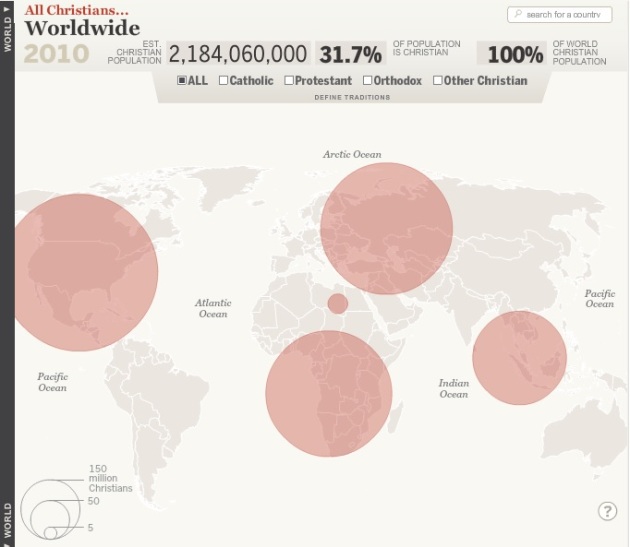I catch myself in frequent conversations trying to explain how competitive free markets create quality and affordability in products for consumers and how this relates to our healthcare dilemma. If you don’t align stakeholder interests and motivations with desired outcomes, then the process or system eventually cannibalizes itself.
I recently finished reading “The Righteous Mind – Why Good People are Divided By Politics and Religion” and came across one of the best written explanations for this. Kudos to both Goldhill and Jonathan Haidt whose combined work brought this to light so beautifully. Enjoy!
In 2009, Goldhill published a provocative essay in The Atlantic Monthly titled “How American Health Care Killed My Father”. One of his main points was the absurdity of using insurance to pay for routine purchases. Normally we buy insurance to cover the risk of a catastrophic loss. We enter an insurance pool with other people to spread the risk around, and we hope never to collect a penny. We handle routine expenses ourselves, seeking out the highest quality for the lowest price. We would never file a claim on our car insurance to pay for an oil change.
The next time you go to the supermarket, look closely at a can of peas. Think about all the work that went into it – the farmers, truckers, and supermarket employees, the miners and metalworkers who made the can – and think how miraculous it is that you can buy this can for under a dollar. At every step of the way, competition among suppliers rewarded those whose innovations shaved a penny off the cost of getting that can to you. If God is commonly thought to have created the world and then arranged it for our benefit, then the free market (and its invisible hand) is a pretty good candidate for being a god. You can begin to understand why libertarians sometimes have a quasi-religious faith in free markets.
Now let’s do the devil’s work and spread chaos throughout the marketplace. Suppose that one day all prices are removed from all products in the supermarket. All labels too, beyond a simple description of the contents, so you can’t compare products from different companies. You just take whatever you want, as much as you want, and you bring it up to the register. The checkout clerk scans in your food insurance card and helps you fill out your itemized claim. You pay a flat fee of $10.00 and go home with your groceries. A month later you get a bill informing you that your food insurance company will pay the supermarket for most of the remaining cost, but you’ll have to send in a check for an additional $15.00. It might sound like a bargain to get a cartload of food for $25.00, but you’re really paying your grocery bill every month when you fork over $2,000.00 for your food insurance premium.
Under such a system, there is little incentive for anyone to find innovative ways to reduce the cost of food or increase its quality. The supermarkets get paid by the insurers, and the insurers get their premiums from you. The cost of food insurance begins to rise as supermarkets stock only the foods that net them the highest insurance payments, not the foods that deliver value to you.
As the cost of food insurance rises, many people can no longer afford it. Liberals push for a new government program to buy food insurance for the poor and the elderly. But once the government becomes the major purchaser of food, then success in the supermarket and food insurance industries depends primarily on maximizing yield from government payouts. Before you know it, that can of peas costs the government $30.00, and all of us are paying 25 percent of our paychecks in taxes just to cover the cost of buying groceries for each other at hugely inflated costs.
That, says Goldhill, is what we’ve done to ourselves. as long as consumers are spared from taking price into account – that is, as long as someone else is always paying for your choices – things will get worse.
We can’t fix the problem by convening panels of experts to set the maximum allowable price for a can of peas. Only a working market can bring supply, demand, and ingenuity together to provide health care at the lowest possible price. For example, there is an open market for LASIK surgery (a kind of laser eye surgery that removes the need to wear contact lenses). Doctors compete with one another to attract customers, and because the procedure is rarely covered by insurance, patients take price into account.
Competition and innovation have driven down the price of the surgery by nearly 80 percent since it was first introduced.
And what do you think will happen to the price and quality of LASIK surgery when insurance covers it?
One important thing to remember is that in the book it states that liberals are motivated by the “care foundation” to provide services to people that can’t afford it, which I believe to be true. However, in creating systems to do that we inevitably create the $30 dollar “can of peas” situation and a new evil surfaces. This happens when stakeholder interests and motivations are not aligned with outcomes. Free markets, though they have shortcomings, do this miraculously and you get a can of peas for under a dollar.

